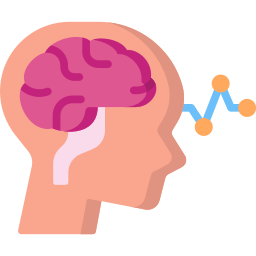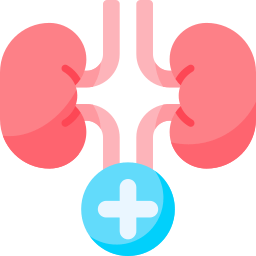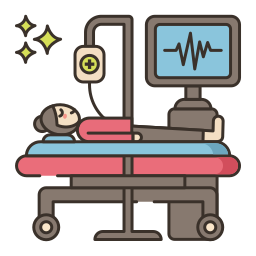Psychiatry
Overview
Charnock Hospital’s Department of Psychiatry offers comprehensive, personalized care for a wide range of mental health conditions. Our expert team treats schizophrenia, mood disorders, OCD, sleep disorders, anxiety, and stress-related issues. We also address impulse control and eating disorders, substance use disorders, behavioral addictions, sexual dysfunctions, and gender identity disorders. Our services include care for dementia, intellectual disabilities, personality disorders, and mental health issues from chronic illnesses. With a focus on compassionate, holistic care, we aim to enhance our patients’ mental well-being and overall quality of life.
Department Highlights

Wide Range of Treatments
Comprehensive care for schizophrenia, mood disorders, OCD, and sleep disorders.

Specialized Programs
Focused support for eating disorders, substance use disorders, and behavioral addictions.

Holistic Care
Treatment for dementia, autism, ADHD, and childhood behavioral issues.

Advanced Diagnostics
Equipped with MRI, CT scans, and EEG for precise assessments.

Thorough Evaluations
Detailed mental health evaluations and psychological testing.

Expert Therapy
Personalized psychotherapy and counseling from experienced therapists.
Why We’re the Best Choice?
At Charnock Hospital, we are committed to providing advanced and compassionate care for a diverse range of mental health conditions
Specialized Expertise
Our team excels in treating a wide spectrum of mental health challenges, from mood disorders to addiction, with tailored care plans and advanced therapeutic techniques.
Cutting-edge Diagnostic Tools
Utilize state-of-the-art MRI and CT scans for precise diagnosis and personalized treatment strategies, ensuring the highest standard of care.
Compassionate Holistic Approach
Experience compassionate, evidence-based care that prioritizes your well-being, supporting comprehensive recovery and enhanced quality of life.
Our Expert Team
Testimonials
FAQ
What are common signs that someone might need to see a psychiatrist?
Signs include persistent sadness or anxiety, extreme mood swings, changes in sleep or appetite, withdrawal from social activities, and difficulty coping with daily life.
What are the different types of psychiatric disorders treated by psychiatrists?
Psychiatrists treat a range of disorders such as depression, anxiety disorders (including OCD and PTSD), bipolar disorder, schizophrenia, eating disorders, substance use disorders, and more.
How does a psychiatrist determine the best treatment plan for a patient?
Psychiatrists assess a patient’s symptoms, medical history, and lifestyle factors. They may use diagnostic tools like psychological assessments or imaging scans to tailor a personalized treatment plan, which can include therapy, medications, or a combination.
How does psychotherapy help in treating mental health disorders?
Psychotherapy, or talk therapy, helps individuals understand their emotions, thoughts, and behaviors. It provides coping strategies, improves communication skills, and promotes mental wellness.
What role do medications play in psychiatric treatment?
Medications prescribed by psychiatrists help alleviate symptoms of mental health disorders. They can balance brain chemicals (neurotransmitters) to improve mood, reduce anxiety, stabilize mood swings, or manage psychosis.
How can family members support a loved one with a mental health disorder?
Family support is crucial. Encouraging treatment adherence, listening without judgment, providing practical assistance, and educating themselves about the disorder can create a supportive environment for recovery.












